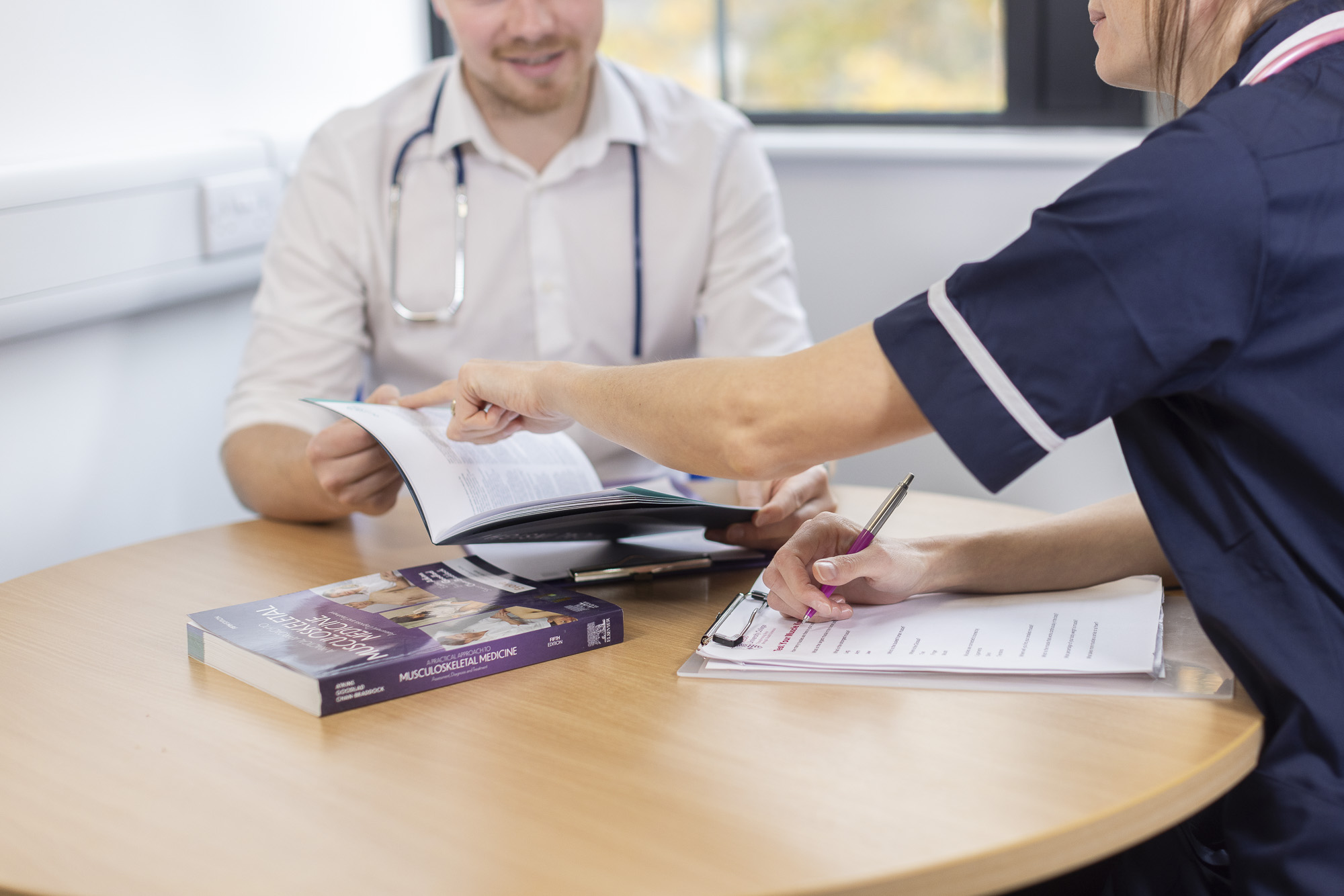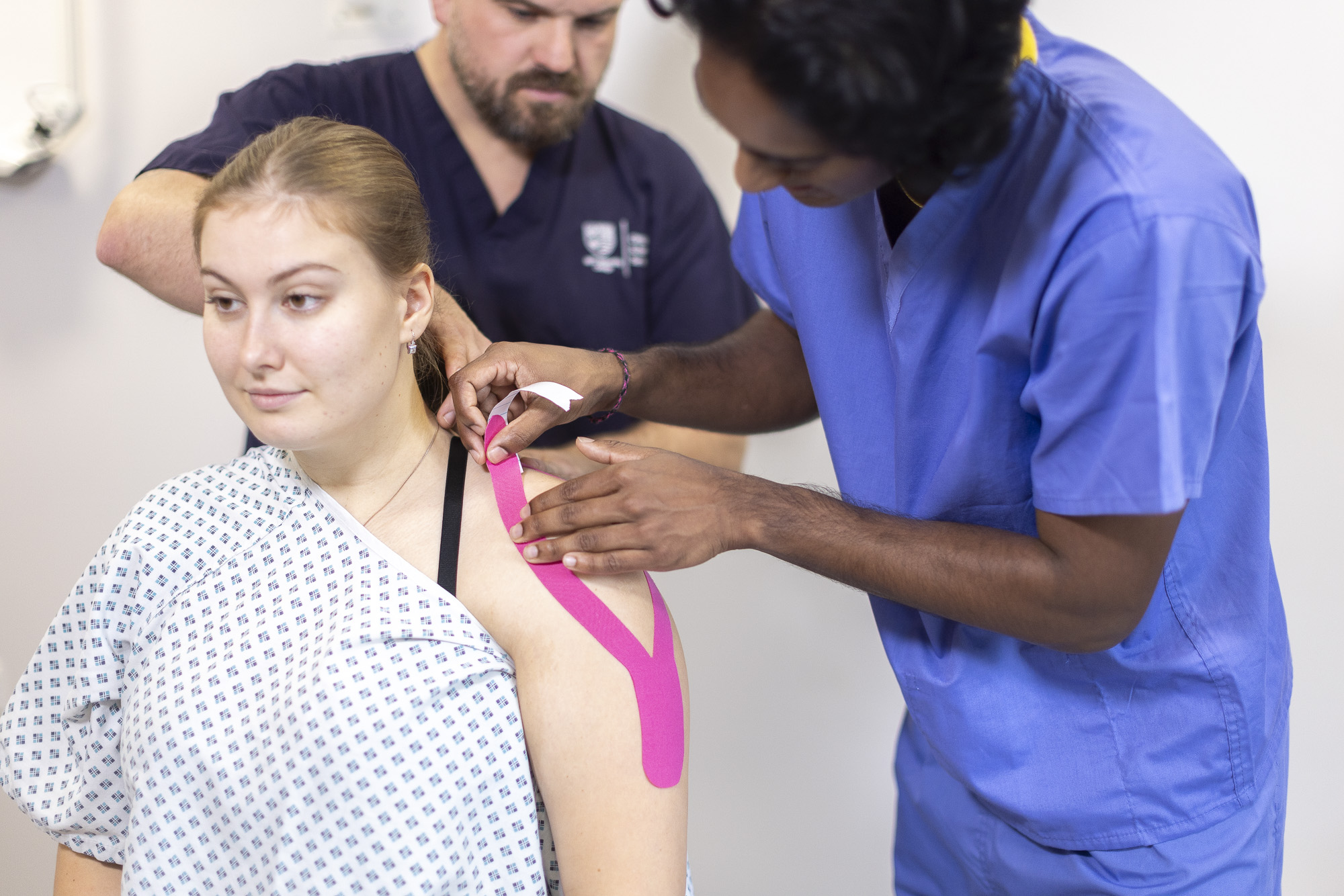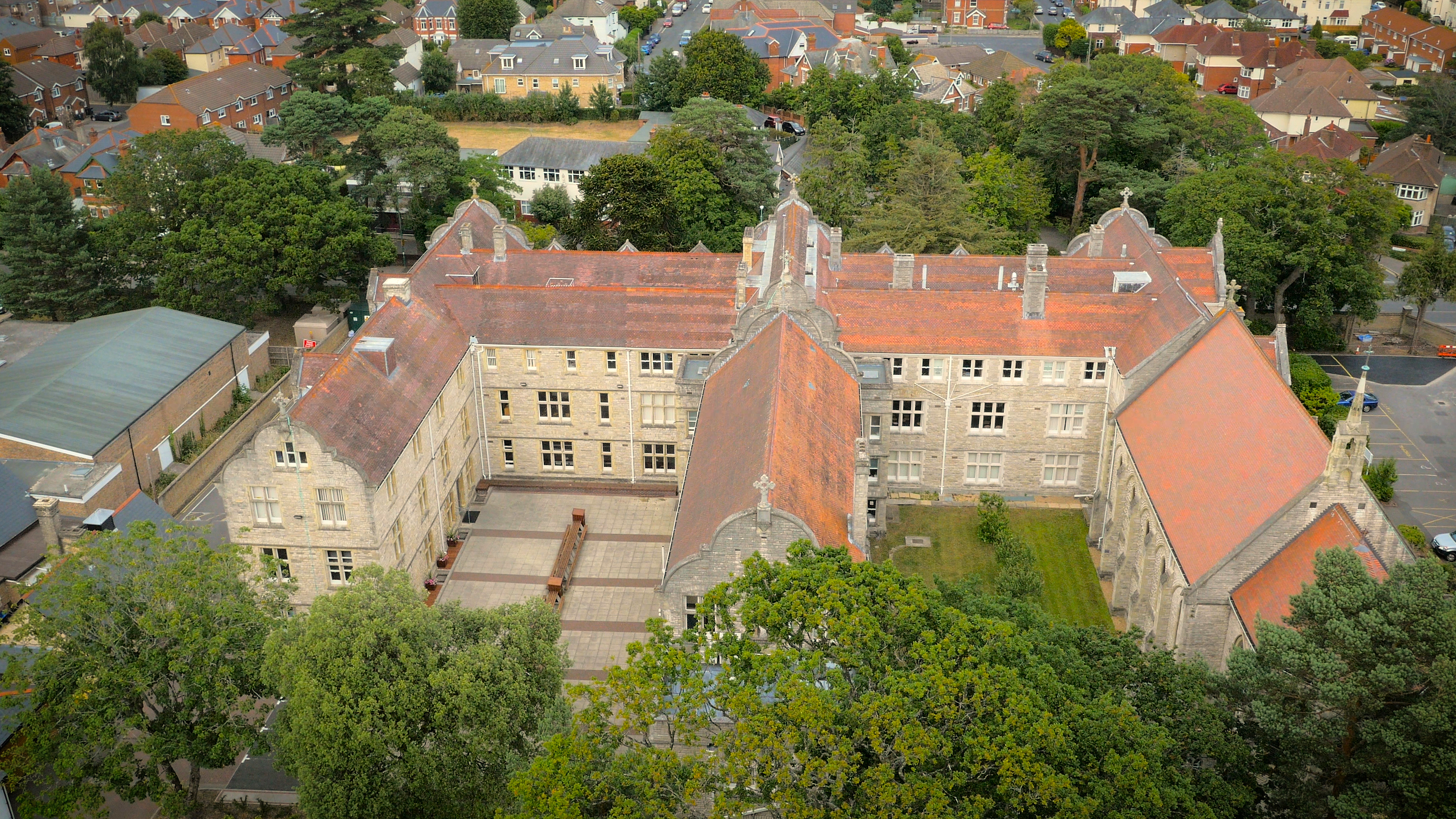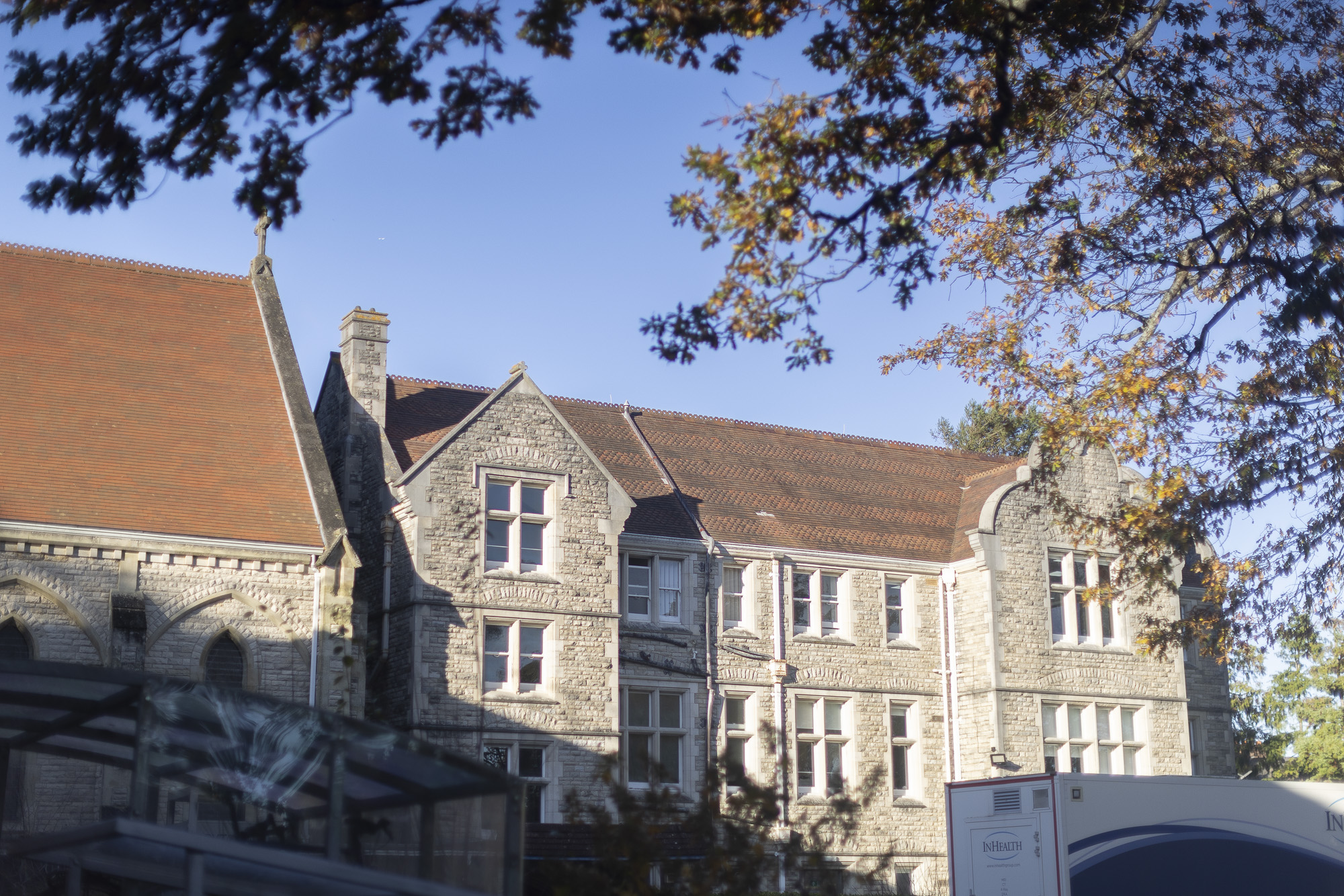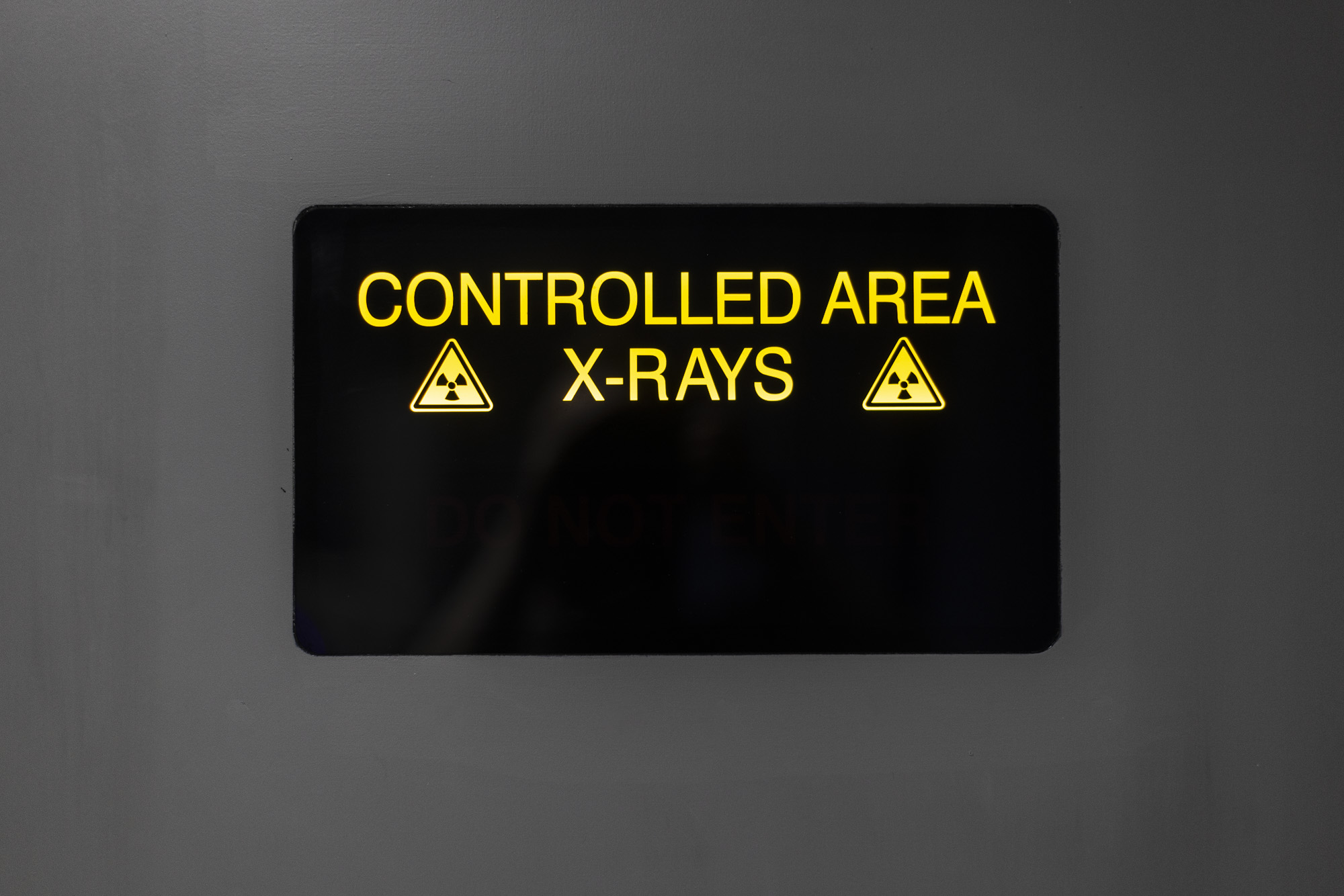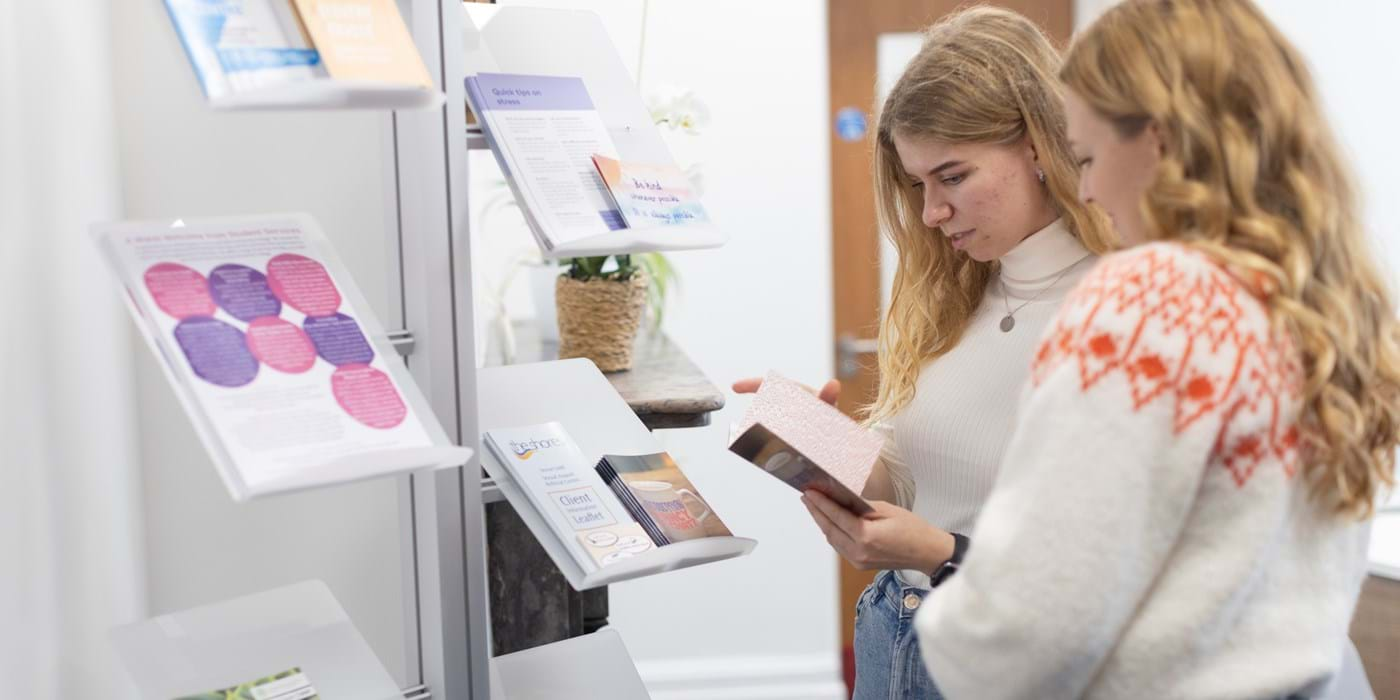Overview
This standalone professional development unit is aimed at registered healthcare professions working in clinical in an environment with people with frailty.
The unit will enhance your ability to undertake frailty assessments and develop CGA skills required to plan care effectively and support the holistic health needs, recognising urgent care and other needs of those patients who maybe at risk of deterioration from their condition, understanding when and whom to refer and when to manage the patient at home.
You will be an experienced registered health or social care professional who has a rudimental understanding of the impact of ageing and frailty upon individuals.
This flexible unit aims to support and facilitate building and/or further developing your knowledge, competence and capability of frailty at an enhanced level.
Course Details
This standalone professional development unit is aimed at registered healthcare professions working in clinical in an environment with people with frailty.
In this unit you will learn theories of aging focusing on sociological, psychological and physiological aspects of ageing. You will explore the complexities of caring for a patient with frailty and gain a deeper understanding of Comprehensive Geriatric Assessment and its application to practice. Alongside this you will develop a new understanding of the impact of frailty on nutrition; hydration; continence; falls; sarcopenia; delirium; dementia; and exercise.
This is a 20 credit award at Level 7.
This unit will be delivered by Mandy Rumley-Buss, a Registered Nurse and expert in frailty and ageing. Mandy is a contributor to the Silver Book and RCN BEST staffing tool. More recently, she has been involved in the development of RCN emergency care competencies to care for older people. Mandy is prolific in sharing best practices and has presented at several national and international conferences on clinical and managerial subjects with many published articles relating to older people and emergency care.
Unit Breakdown
How this course is taught 
Self-directed, autonomous learning, self-appraisal and reflection on your own learning and professional development needs and specific role requirements provides the foundations for this unit.
You will be guided and supported to critically evaluate and reflect on your role in frailty. This will involve developing competency and capabilities in responding to the comprehensive geriatric assessment to identify the needs of patients presenting with frailty and to plan the subsequent care.
You will have the opportunity to develop further knowledge of frailty and multimorbidity and how to identify and respond to it. The focus will be on the underlying competencies and capabilities and evidence-base on which your enhanced practice skills and attributes are to be developed, starting with your own learning needs analysis and demonstration of competence and capability.
Two days will be delivered on-line with case studies, interactive student group sessions will be provided within which you will have opportunities to explore new concepts, share experiences and explore best practice in a safe, facilitated setting, within the care contexts that the student group are functioning.
An integral element of the course is that you will focus on your self-awareness through experiential learning processes and will also gain feedback on practice, learning and sharing experiences with other practitioners as motivated as yourself. You will be guided and supported to developing competency and in critically evaluating and reflecting on your developing role, building evidence of applying your learning and skill development into your own practice. The expectation is that you will be supported to develop the specific skills, knowledge and attributes required for your role.
The summative assessment of this unit will involve a presentation and viva directly related to clinical practice.
Entry Requirements
What qualifications do I need? 
This unit is suitable for registered healthcare professionals who are working clinically in an environment where they are working alongside patients with frailty. This may be in primary or secondary care. You will have at least 6 months clinical experience following registration.
Still have questions about applying?
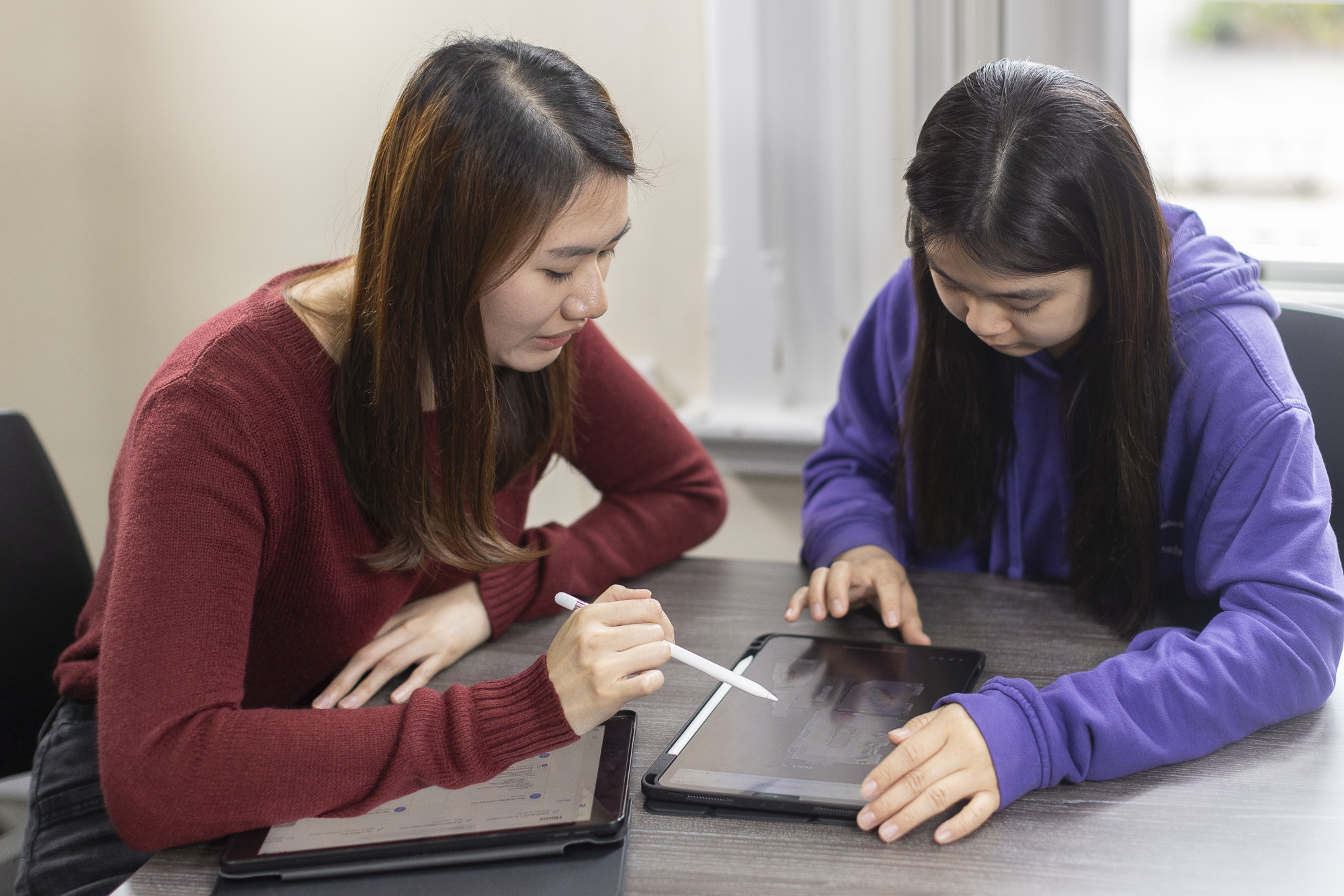
Why choose Health Sciences University
There are many benefits to studying at Health Sciences University, from our expertise and history in teaching health sciences, to our state-of-the-art facilities, on-site clinical training, and of course our location on the beautiful Bournemouth coast.
